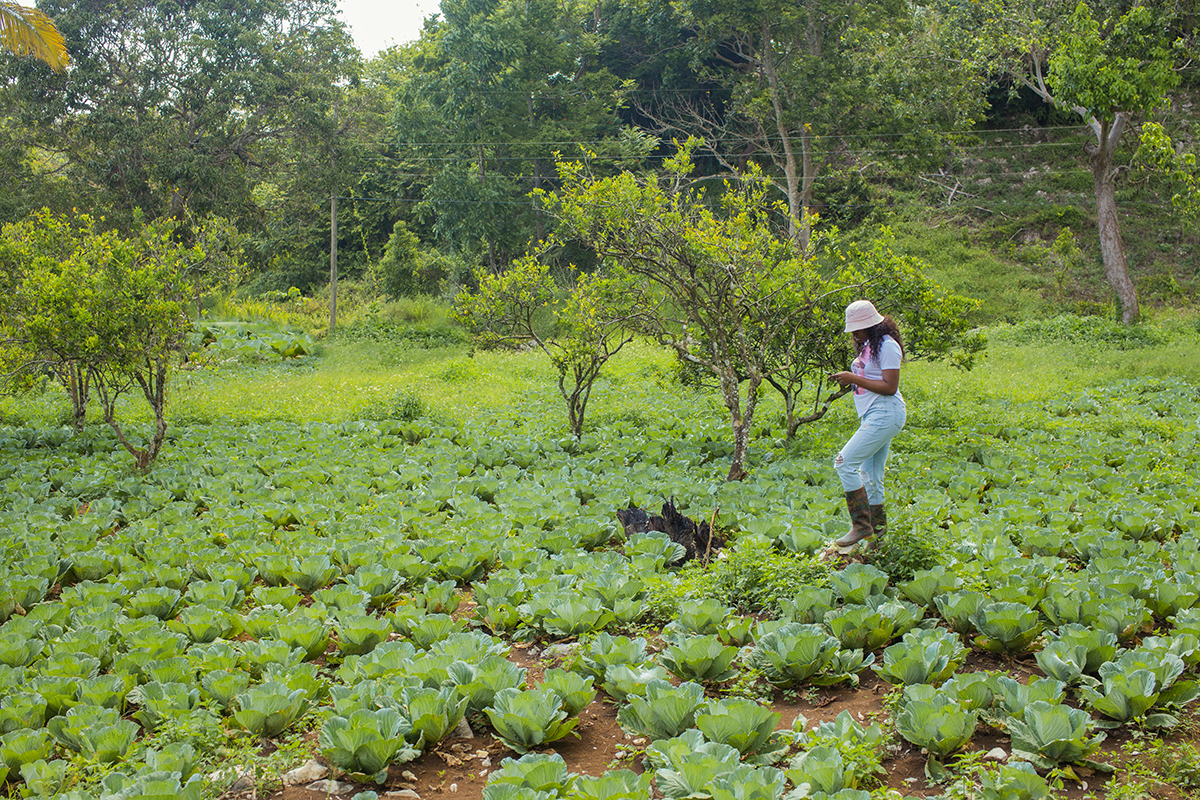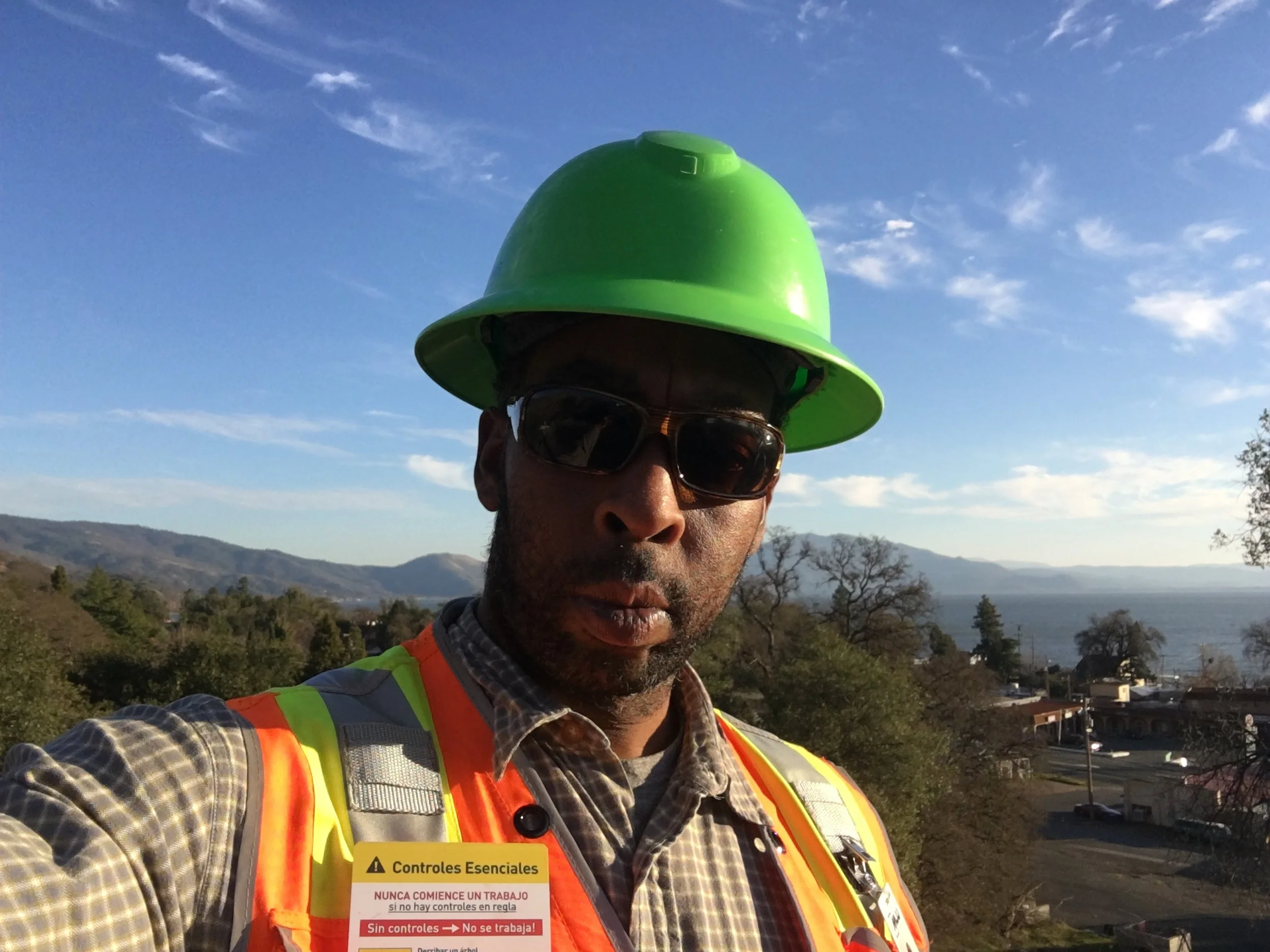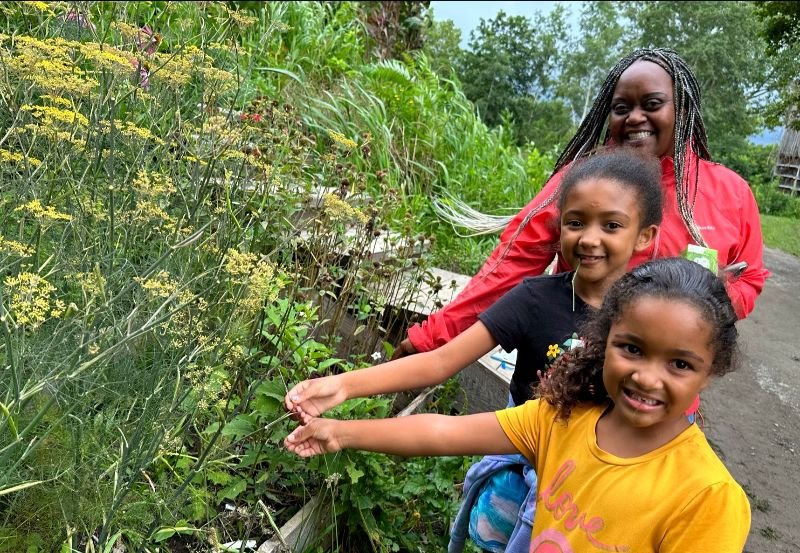
Quarter Acre for the People
Funders
Mellon Just Futures Initiative, Cornell University
USDA NIFA BFRDP
USDA FSA Increasing Land Access Grant
Park Foundation
American Farmland Trust Farmland for a New Generation: Regional Navigator Program
Ten Percent for the Planet from The Learning Farm
Community Thrives by USA Today Gannett Foundation
Rhize Up: Tompkins County Relief Fund of Tompkins Co. Legislature
Individual donors to Khuba International

Our mission is to nurture and facilitate a return to the land for people who have been affected by systemic urbanization, redlining, colonialism, environmental racism, slavery, land theft, and systemic poverty.
We believe that climate justice should center on Black and Indigenous people who have been responsible stewards of the earth for millennia, and we take a regenerative and sustainable approach to our agricultural education that integrates decolonial ways of knowing, teaching, and being.

Through youth-focused programming, agricultural and environmental literacy initiatives, and farmer training opportunities we are nurturing the next generation of Farmer Scholars, creating healthier food systems, and building a sustainable future in multicultural, equitable regenerative agriculture.
QAP’s goal is to connect BIPOC people with land governance and intentional community-building opportunities in which multicultural groups of cooperative farmers have power and agency over decision-making. We aim to diversify the governance of rural and urban landscapes and connect farmers to the healing effects of natural spaces.






“Into the 1800s, multiple southern states passed bans on Black folks—both enslaved and free Black people—learning how to read, because there was this thought that if they did, it would engender rebellion and antagonism to the system. Black literacy was often viewed with suspicion, because the thought was that if enslaved people learned how to read even things like the Bible, because of the liberation theology that courses throughout the Old Testament and parts of the New Testament, they would rise up and fight against the power structure. If you think about some of the rebellions and revolts of enslaved people—such as Gabriel’s Rebellion and Turner’s Rebellion—these were largely based on folks who had learned how to read the Bible.”
— Laura Kelly, The Atlantic
In the Press
-

"We're facing extinction" - Black farmers are urging for more diverse representation in agriculture
-

A New COMMUNAL FOREST HOMESTEAD in the Works — Ep. 227
-

Rhize Up Intentional Farm Community Coming to Danby
Sign Up to Donate Land or Participate
Please fill out this form if you’d like to donate land or access land and farming education through Quarter Acre for the People programs.



